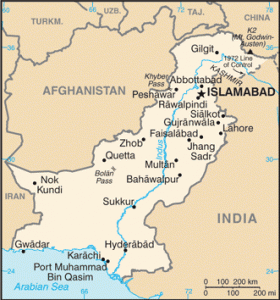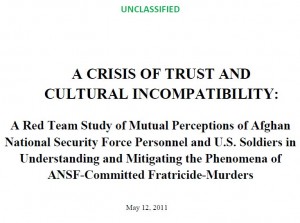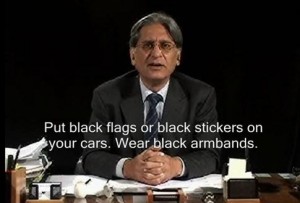Newest Leaked NATO Report Aimed at Preventing Afghanistan Withdrawal?
Fresh on the heels of the “leak” to the New York Times two weeks ago of an already public report on Afghan troops killing US troops, another NATO report casting a bad light on the current war effort in Afghanistan has been leaked. This time the report was made available to the British press, with BBC and the Times of London (behind a paywall and therefore not getting a link) being shown copies of the report. Interestingly, most news stories on the leaked report concentrate on the report’s claim that Pakistan, and especially Pakistan’s ISI, is helping the Taliban in Afghanistan, a fact which is already known and which was dismissed by Pakistan’s Foreign Minister Hina Khar as “old wine in an even older bottle.” Reuters hits on another, likely more important aspect of the report, however, even including it as their headline: “Taliban ‘poised to retake Afghanistan’ after NATO pullout“.
The information contained in this new leak gives further support for my thinking on the reasoning behind the information fed to the New York Times for their January 20 article, when I said “The story appears to me to be presented from the angle of military higher-ups who don’t want to withdraw from Afghanistan and point to the failed training of Afghan forces to support their argument that we must stay there.” In much the same way, this report, which points out that the Taliban will retake Afghanistan shortly after we leave, supports the conclusion that we must stay there to “win” what President Obama has called our “war of necessity“.
For a President who has put so much effort into punishing those who leak sensitive information (well, at least whistleblowers who leak), Obama now appears to me to be faced with a military that is engaged in the selective release of information that is designed to make it impossible for him to continue his plan to withdraw troops from Afghanistan by the end of 2014. Will there be any punishment for these two recent leaks, or are they some “multidimensional chess” setting the stage for Obama to throw up his hands and declare that we can’t leave after all?
As for the meat of the leaked report, BBC has posted selected excerpts. This excerpt, for example, is along the lines of most press reports: Read more →



